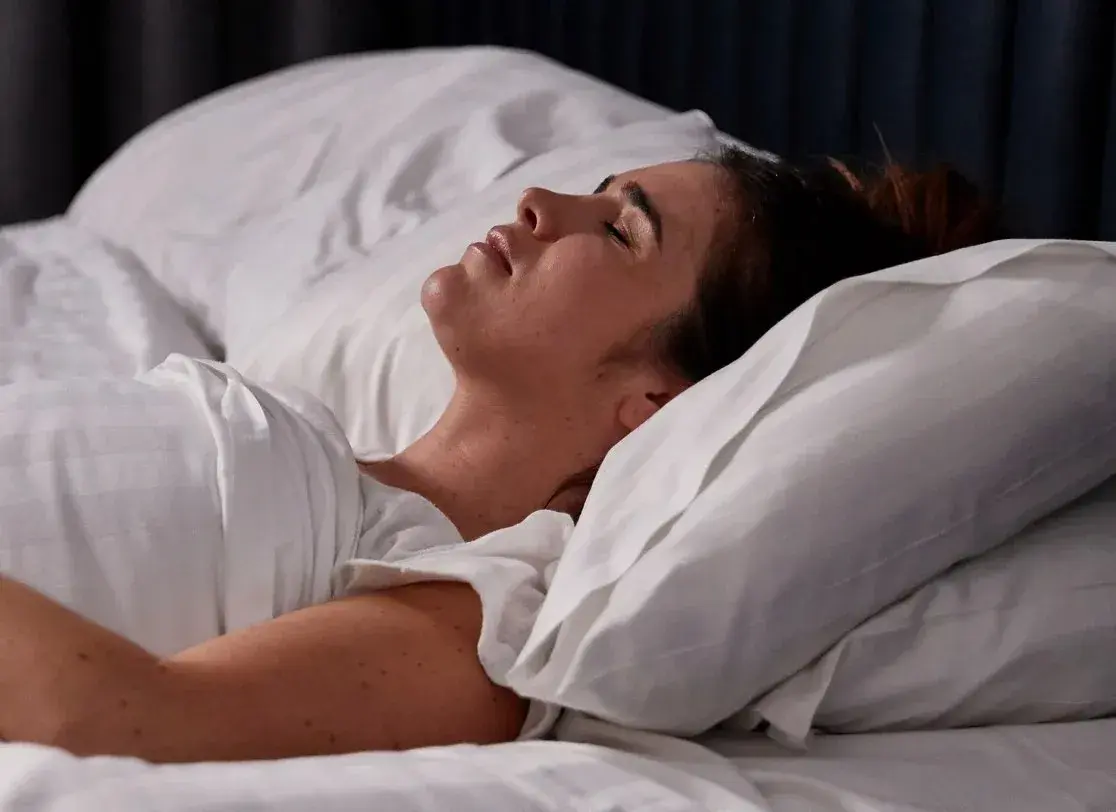The answer is Yes - but not directly.1 When you have sleep apnea, your breathing stops while you sleep. This is called an 'apnea'. Your brain senses a reduced oxygen level in your blood so it wakes you up so you start to breathe again. Every time you have an apnea, your blood pressure spikes and your heart rate increases until eventually you take a breath. This can happen many times a night without you even knowing. As you can imagine, this is not great for your health.2
Due to the links with serious medical conditions, severe sleep apnea may be associated with a shortened lifespan.3

